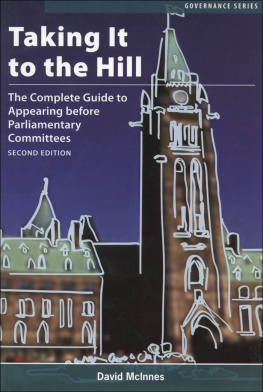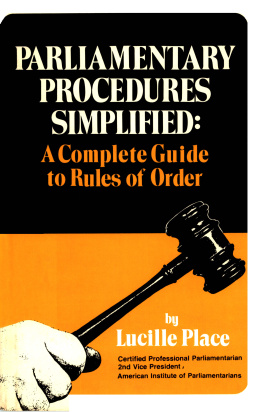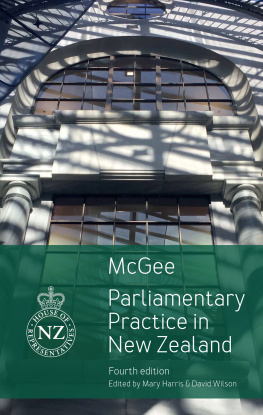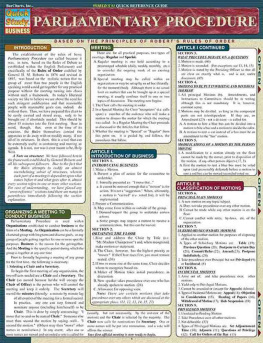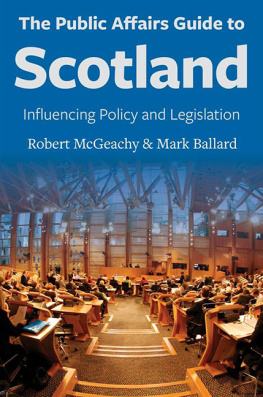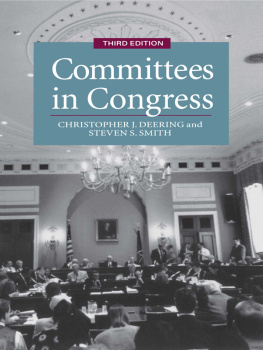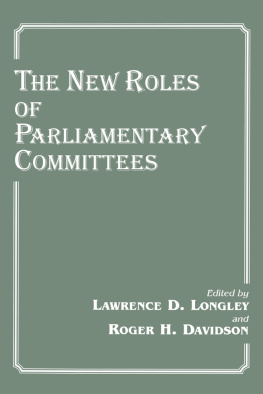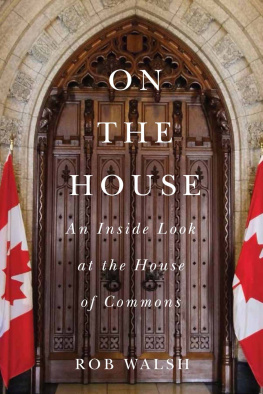GOVERNANCE SERIES
GOVERNANCE is the process of effective coordination whereby an organization or a system guides itself when resources, power and information are widely distributed. Studying governance means probing the pattern of rights and obligations that underpins organizations and social systems; understanding how they coordinate their parallel activities and maintain their coherence; exploring the sources of dysfunction; and suggesting ways to redesign organizations whose governance is in need of repair.
The Series welcome a range of contributions from conceptual and theoretical reflections, ethnographic and case studies, and proceedings of conferences and symposia, to works of a very practical nature that deal with problems or issues on the governance front. The Series publishes works both in French and in English.
The Governance Series is part of the publications division of the Program on Governance and Public Management at the School of Political Studies. Nine volumes have previously been published within this series. The Program on Governance and Public Management also publishes electronic journals: the quarterly www.optimumonline.ca and the biannual www.revuegouvernance.ca
EDITORIAL COMMITTEE
Caroline Andrew
Linda Cardinal
Monica Gattinger
Luc Juillet
Daniel Lane
Gilles Paquet (Director)
The University of Ottawa Press gratefully acknowledges the support extended to its publishing programme by the Canada Council for the Arts and the University of Ottawa.
We also acknowledge with gratitude the support of the Government of Canada through its Book Publishing Industry Development Program for our publishing activities.
Library and Archives Canada Cataloguing in Publication
Mclnnes, David, 1961
Taking it to the Hill : the complete guide to appearing before parliamentary committees / David Mclnnes. 2nd ed.
(Governance series)
Includes bibliographical references and index.
ISBN-13: 978-0-7766-0607-1 ISBN-10: 0-7766-0607-7
1. Canada. ParliamentCommittees. 2. Parliamentary practiceCanada.
I. Title. II. Series: Governance series (Ottawa, Ont.)
JL148.5.M33 2005 328.710765 C2005-905670-3
All rights reserved. No parts of this publication may be reproduced or transmitted in any form or by any means, electronic or mechanical, including photocopy, recording, or any information storage and retrieval system, without permission in writing from the publisher.
Cover design: Kevin Matthews
Interior design and typesetting: Laura Brady
Developmental editor: Jeremy Dias
Copy editor: Julie Murray
Proof reader: Dallas Harrison
ISSN 1487-3052
Published by the University of Ottawa Press, 2005
542 King Edward Avenue, Ottawa, Ontario KIN 6N5
press@uottawa.ca/www.uopress.uottawa.ca
Printed and bound in Canada
As my work proceeded on this second edition, it became quickly evident that lobbying starts in the home. Along with my three children, we were all jostling to use our home computer; thank you Kesha, Kerry and Griffin for allowing me to complete my writing task. Now, the computer is yours. To Julie, I am grateful for your unwavering support over the course of this entire book project; I dedicate this book to you.
David Mclnnes
June 27, 2005
ACKNOWLEDGEMENTS
The author gratefully thanks the many people who helped to make the first and second editions of this book a reality, including a number of current and former members of Parliament, senators, political staff, departmental officials, House of Commons and Senate committee staff, parliamentary research officers, interest group and association representatives, reporters, academics, public affairs advisors, and neighbours in the Park who interact so frequently with those on the Hill.
Collectively, your advice, assistance, and input enabled this book to be written, and refreshed. Your enthusiasm for the subject at hand was motivating. Your suggestions contributed immensely to this book.
Finally, a special thank you to all those at the University of Ottawa Press who made this project a reality.
FOREWORD
From here to there and there to here, funny things are everywhere. With those words, I concluded the first edition of this book published in 1999. And, while apologizing to Dr. Seuss for borrowing the phrase from his book One fish, two fish, red fish, blue fish, it nevertheless offered a not-too-subtle metaphor for politics. Politics are everywhere on Parliament Hill. A statement of the obvious, for sure, but it allowed the point to be made that despite all the rules and conventions governing the role and operations of parliamentary committees, politics lurks in every nook and cranny behind every act and decision.
For witnesses who appear before the standing committees of the House of Commons and the Senate, knowing parliamentary procedure, understanding personalities and being good communicators are critical. Keeping an eye on how things can go astray is essential.
Much has happened since the original publication: changes in parliament, a minority government, changes in leaders, parties and plans, a push to address the democratic deficit, a drive to make politicians more accountable, public servants more forthcoming and governing more transparent. All this has presented opportunities for committees to gain additional profile, exploit some new authorities and do what they do best: publicly engage the issues and draw out what witnesses are thinking.
On the other hand, much remains the same. Our system of government is evolutionary, not revolutionary. Many processes and procedures remain firmly established. The pursuit of effective communication never ceases; party politics and partisanship are ever-present; the debate about the ultimate contribution of standing committees is perpetual.
Since its publication, I have been struck by the number of people who have approached me to suggest their best tip on appearing before a committee, or a noteworthy committee hearing that illuminated some issue or experience. With so many people spending so much time before so many committees, its clear that there is so much material to draw from.
The second edition of Taking It to the Hill incorporates key developments and retains what is relevant. It is not an academic assessment on whether recent changes to parliamentary committees have been positive or negative. As a witness, the changes are just a reality to deal with. Whatever form of governmentminority or majorityappearing before a parliamentary committee is an essential part of our countrys policy process.
This book remains the complete guide to appearing before (and surviving) parliamentary committees.

